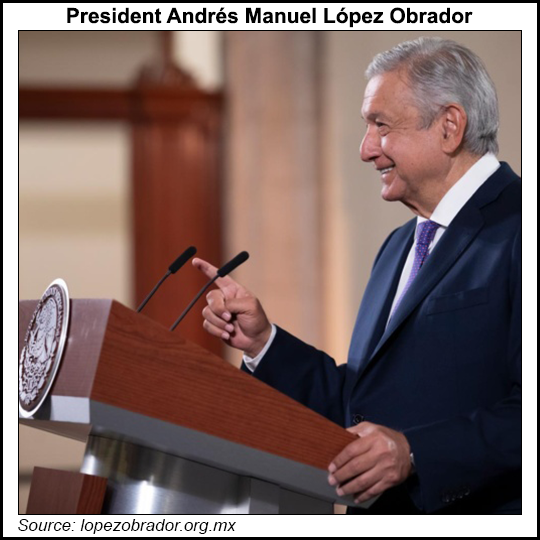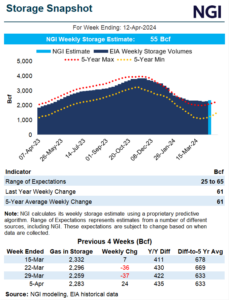Regulatory | NGI All News Access | NGI The Weekly Gas Market Report
Move to Strengthen Mexico State Power Firm Said Step to Dismantling Energy Reform
© 2024 Natural Gas Intelligence. All rights reserved.
ISSN © 2577-9877 | ISSN © 2577-9966 | ISSN © 1532-1266 |



